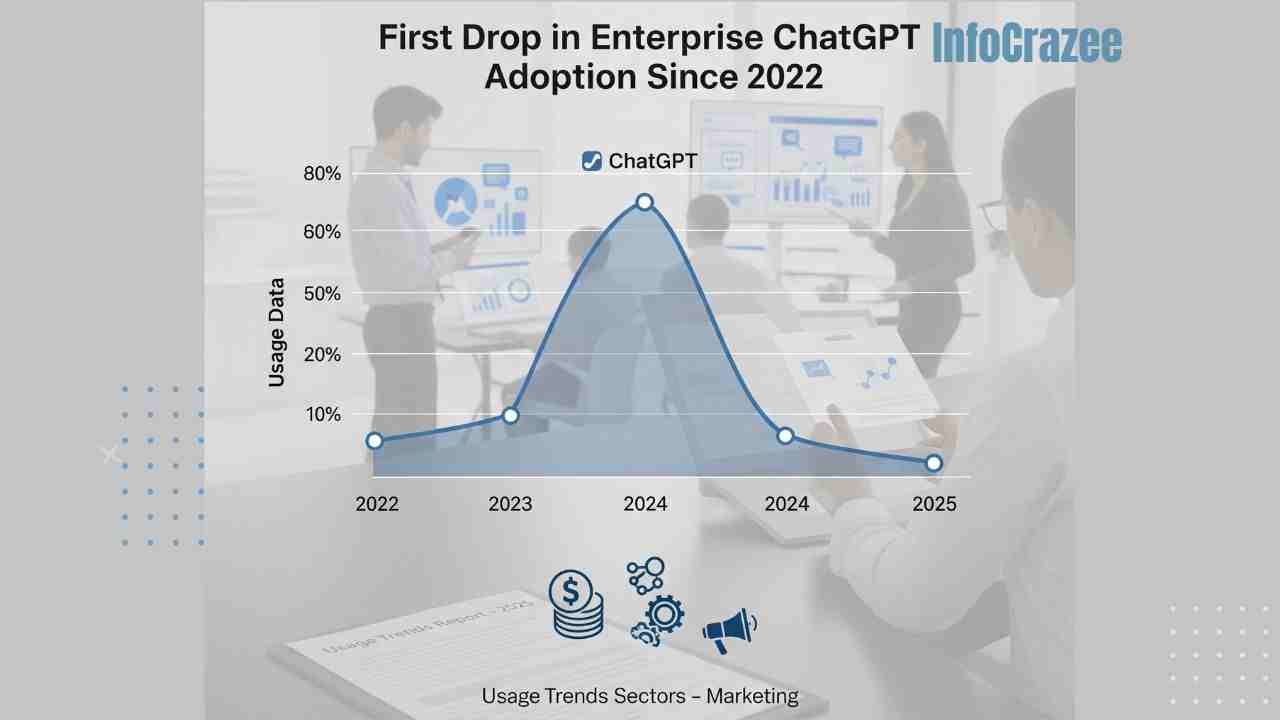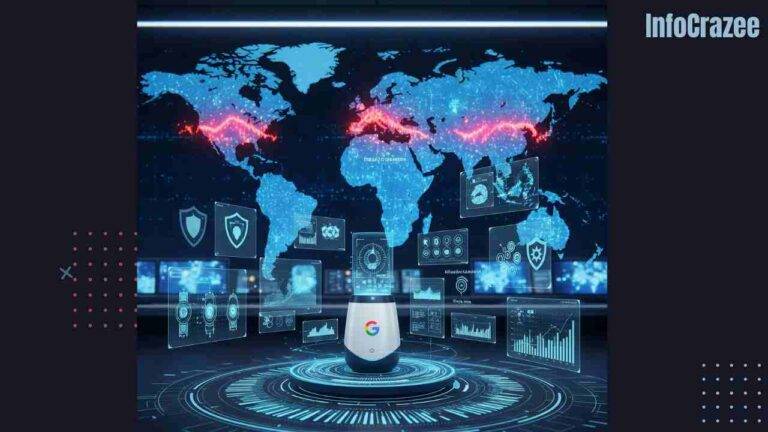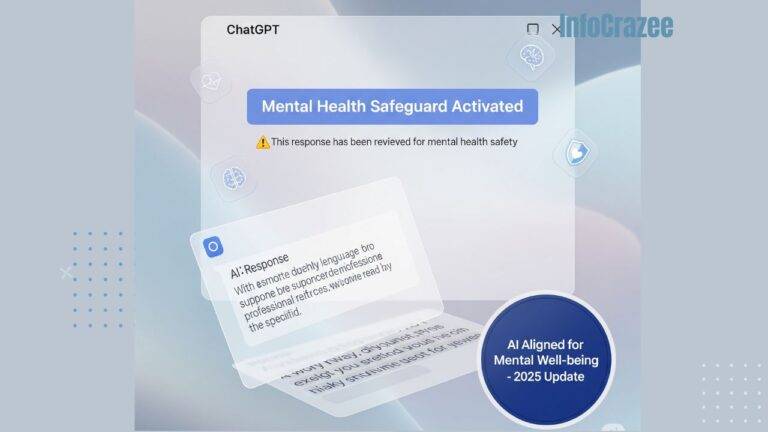Report Shows First Decline in Company Use of ChatGPT Since 2022
For the first time since its explosive rise in 2022, corporate usage of OpenAI’s ChatGPT is beginning to decline, according to a new industry report released this week. The findings mark a turning point for the generative AI landscape, signaling that while interest in artificial intelligence remains high, businesses are beginning to reassess how and where these tools fit into their workflows.
A Shift After Rapid Adoption
Since its public release in late 2022, ChatGPT quickly became one of the most adopted AI tools across industries. From marketing and customer support to coding, research, and content creation, companies of all sizes rushed to integrate the chatbot into daily operations. But according to the latest report, 2025 has brought a noticeable slowdown.
The report, based on data collected from over 70,000 businesses across the UK, Canada, Australia, and other regions, shows that regular corporate use of ChatGPT has dropped for the first time. Only 10% of small and mid-sized companies surveyed say they currently use AI chatbots like ChatGPT on a regular basis—a significant decline from previous years.
Why the Drop?
Several factors are contributing to this shift. One of the biggest concerns is data privacy. Many businesses remain unsure about how their information is processed and whether sensitive or proprietary data could be at risk when using public AI platforms.
Another major issue is accuracy. While ChatGPT can generate human-like responses, companies have reported errors, outdated information, or responses that lack critical context. For many organizations, especially in finance, healthcare, and legal sectors, accuracy and reliability are non-negotiable.
“AI tools like ChatGPT are impressive, but we can’t afford to make decisions based on information that may be wrong,” said a spokesperson from a London-based legal firm that recently paused its use of the platform.
Rise of “Shadow AI” in the Workplace
Interestingly, while official adoption may be slowing, employee use of ChatGPT remains strong—often happening under the radar. This trend, known as “shadow AI,” refers to workers using AI tools without their employer’s knowledge or approval.
A separate study by Ivanti found that 42% of employees still use AI assistants regularly, with nearly one-third saying they do so without informing their supervisors. This hidden usage is raising concerns among IT leaders who fear compliance issues, data leakage, and security breaches from unregulated AI use.
A Pause, Not the End
Despite the decline in formal use, experts believe this is less a rejection of AI and more a period of reevaluation. Many companies are taking a step back to develop internal guidelines, assess risks, and explore more secure, enterprise-grade AI platforms.
“Businesses are being more strategic now,” said tech analyst Rachel Simons. “They’ve seen the hype. Now they want real results, measured impact, and above all—control.”
As OpenAI and other developers introduce more business-focused features and stricter privacy controls, analysts expect that enterprise adoption may stabilize or even rebound, especially in industries where automation and efficiency are critical.






